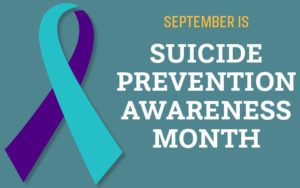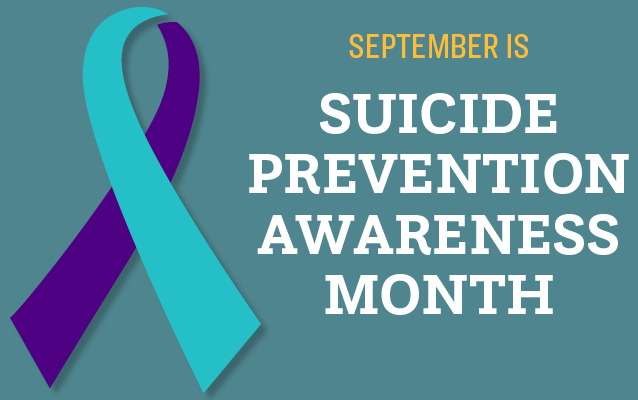 Sadly, People with mental health issues are 16 times more likely to be killed by police, according to a report from the Treatment Advocacy Center. People of color are killed by law enforcement at much higher rates than white people, according to a Washington Post database of all fatal police shootings.
Sadly, People with mental health issues are 16 times more likely to be killed by police, according to a report from the Treatment Advocacy Center. People of color are killed by law enforcement at much higher rates than white people, according to a Washington Post database of all fatal police shootings.
Police involvement in connecting people to mental health care is stigmatizing and can deter people from getting help in the future. However, NC Health News found that when given a chance to rethink law enforcement involvement in mental health crisis care in 2019, most North Carolina counties maintained the status quo.
Research led me to suicide prevention networks. For the first time, I fully understood the wealth of public-private organizations and associations of agencies, advocates, consumers, professionals, including but not limited to counselors, mental health professionals, physicians, clergy, journalists, social workers, law enforcement as well as survivors and individuals with lived experience.
I never imagined needing this for my own life and family.
This summer North Carolina launched a universal mental health crisis hotline — 988 — which went live across the nation. The idea behind the shift from the 10-digit National Suicide Prevention Lifeline to the three-digit mental health crisis number is that it’s easy to remember, similar to the easy-to-remember 911, and will be the same everywhere.
While suicide prevention is crucial to address year-round, Suicide Prevention Awareness Month provides a dedicated time to come together with collective strength around a sensitive topic. The truth is, we can all benefit from honest conversations about mental health conditions, suicide and knowing a single conversation can change a life before it’s too late.
A few years ago, I lost a family member to suicide. I still toss and turn after watching news stories unfold about the tragedy. Like many family members, I asked “why?” Things seemed perfect from the outside looking into the life of a fun-loving, soul food-lovin, line-dancing side of my dear cousin. In the last year of his life, we went on our first annual cousins’ trip ironically themed “Y.O.L.O.: You only live once.” He even recommended t-shirts with the motto.
The trip was important to me as I was facing some serious medical issues I knew would lead to surgery. My feelings shift from anger, to sadness, to disappointment and sorrow for not knowing my loved one was hurting so deeply. God only knows how much he was hurting. The evening after his memorial services my cousins sat on my back porch where we vowed to talk more about our mental health and to “check-in.” We grew up in a family where showing emotions or pain was discouraged. The tragic death of my cousin has taught me to unapologetically accept a place to express my fears, failures and frustrations (writing columns like this helps with healing).
It breaks my heart to know that it’s too late for someone I loved, but now I am committed to awareness and connecting individuals with suicidal intentions to treatment services.
We can’t be afraid to talk about suicide with our loved ones. The media can’t be afraid to share resources.
Also know, there is always someone who does care.
Editor’s Note: Sometimes the demands from anxiety, depression, stress, or other mental health and physical health conditions can make for work being an overwhelming place. You don’t have to give up and walk away from your job if you’re having a difficult time coping. There are options for employees who need to care for their mental health and emotional health. FMLA is one of the most popular choices, but it isn’t the only one. Others can include online therapy, your employer’s EAP, short-term disability, ADA accommodations, and more.
Antionette Kerr is a co-director with Women AdvaNCe


There are no comments
Add yours